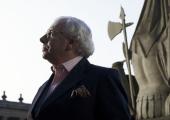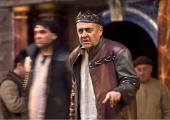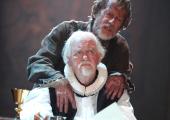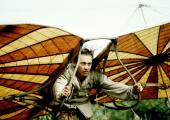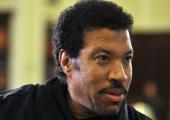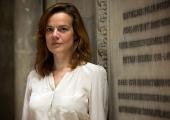The Secret Life of Rubbish / The Toilet: An Unspoken History, BBC Four
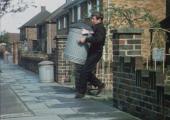
The history, and complexity, of getting rid of things
Is scatophilia on the loose at the BBC? After The Secret Life of Rubbish, billed as "a view of the history of modern Britain - from the back end where the rubbish comes out", creatively programmed with a repeat of The Toilet: An Unspoken History on the same night, you might be forgiven for thinking so. Both reach, so to speak, the parts that most other television documentaries don’t.


